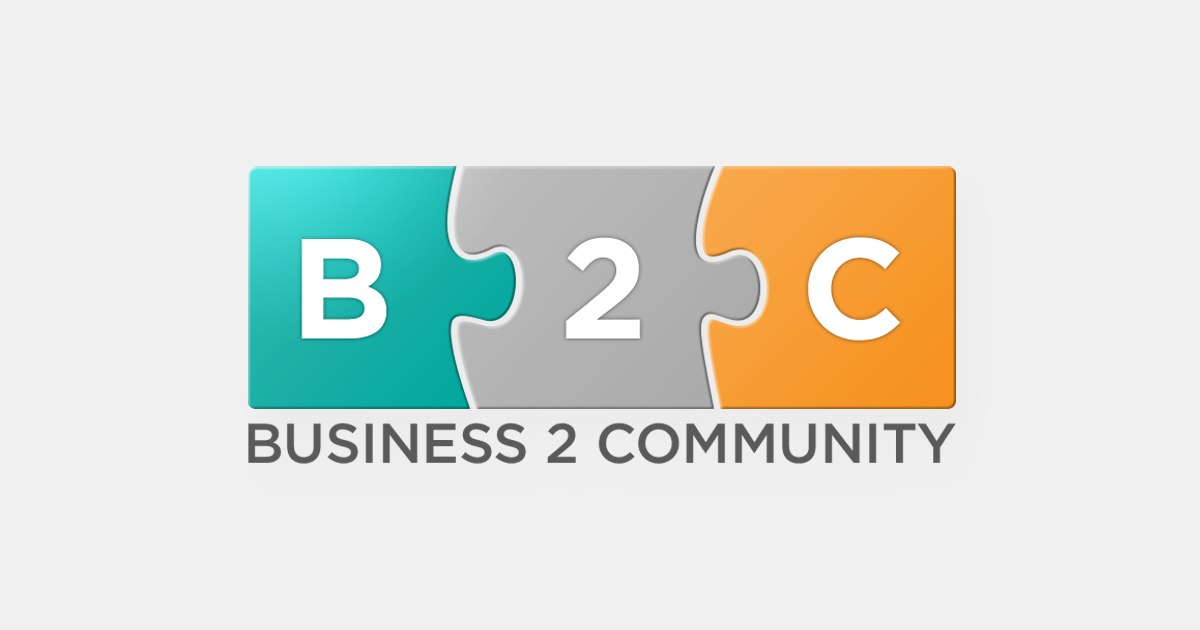However, with the proliferation of talent marketplaces and other low-cost solutions out there, content marketers often overlook relationships in the pursuit of transactional work. What Is Transactional Work? It’s “one and done” work. There is no investment in a working relationship. The rise of transactional work can be attributed to many things, and brands pursue this type of work for specific reasons: Marketers are often hyper-focused on project-level ROI. Building a Relationship with a Content Marketing Agency When agencies and brands forge symbiotic relationships, the quality and efficacy of work produced is significantly better. 2) A content marketing agency cares more than a one-off shop or freelancer. When you forge a solid relationship with a good content marketing agency, they will invest more deeply in your business. They will think about your work when you don’t. A good content marketing agency will use hard-earned knowledge and expertise to help you scale, create enough engaging content, and think strategically about your brand.
“Doing” content marketing well requires a lot of work and attention. You have to be willing to roll with the punches, tinker, and try new things. That means never being satisfied with the current state of affairs and always keeping one eye on the future. It’s a challenge, but it can be done—and done well. Good partners can also provide support, whether you use a content marketing agency, strategist, consultant, or freelancer. But sometimes it’s hard to decide who to work with.
Over the last eight years of running our content marketing agency, I’ve found that the best results—and best work—comes when you find talented people you’re able to forge meaningful relationships with. (We call it doing good work with good people.)
However, with the proliferation of talent marketplaces and other low-cost solutions out there, content marketers often overlook relationships in the pursuit of transactional work.
What Is Transactional Work?
Transactional work is done with limited context, treated as a task instead of one component of a larger plan. It’s “one and done” work. Both parties wrap up, then move on to other things. There is no investment in a working relationship. It’s simply an exchange of money for goods or service.
Why Is Transactional Work So Pervasive?
The rise of transactional work can be attributed to many things, and brands pursue this type of work for specific reasons:
- Marketers are often hyper-focused on project-level ROI.
- Marketers want to keep costs down, often focusing more on what they’re spending than the value they’re getting from their investment.
- The proliferation of on-demand talent makes it easy for brands to get what they think they want.
- Marketers are often more focused on getting projects done than getting projects done that can make a real difference to their brand and bottom line.
For these reasons (and more), it‘s even harder for brands to stand out from the competition.
The Limitations of Transactional Work
Of course, not all transactional work is bad, but purely transactional relationships limit good work in several ways.
It limits problem-solving abilities. Being proactive is difficult when you only understand one piece of the puzzle. It’s hard to have a clear understanding of a client’s needs. The initial ask may not be the best solution to achieve larger goals, but that insight is lost in a “one and done” context.
Work quality may suffer. As a result of the proliferation of marketplaces, creative work has become commoditized assembly-line work. If you’re commissioning articles that are basically a bunch of words thrown together to meet your publishing quota, you’re doing everyone a disservice. Your content should strategically solve your audience’s problems, build trust, and spotlight your expertise in the industry.
Good work goes unacknowledged. The process usually cares most about the project at hand—less about the people behind the project.
It saps time. Continually onboarding new vendors can take a lot of time away from your core business activities, which can cost more money in the long run.
It creates inconsistencies with branding and marketing. Good content marketing helps you tell a cohesive brand story. Too many cooks in the kitchen and not enough oversight…

COMMENTS